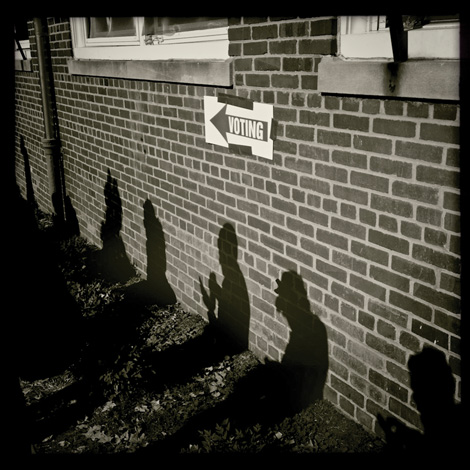During this time in America, each of us is faced with the challenge of understanding our position in society and our role in dismantling structural racism.
It is important to say the names on our minds—George Floyd, Breonna Taylor, Ahmaud Arbery, Tony McDade, Sandra Bland, Korryn Gaines, Freddie Gray—and speak out against the police brutality that resulted in their deaths and the deaths of so many other Black people in this country. Action is essential to the future of our society, and action can take many forms, including protest, voting, and publicly acknowledging the pain of others.
It is also important to name the countless other forms of inequality that are just as deadly, including inadequate educational opportunities, lack of living wages and affordable housing, and unequal access to healthcare, healthy food, and high-quality public transportation. It is clear from recent protests across the nation and world that more people of all races and ages are seeing that structural racism permeates our society—our policies, laws, financial institutions, workplaces, academic and faith institutions, and our own actions and inactions. This recognition, while painful to many of us in different ways, should lead to actions that can build a stronger society.
Many in our community are asking what actions UMBC is taking now and how we can do more, both as individuals and as a campus. One of the most important things we can do is acknowledge that we as a campus and a community still have much work to do. We must take action, both on campus and through our engagement in the larger community, to address the impact of structural racism and inequality.
Moving forward with “business as usual” without acknowledging the lived experience of Black and other marginalized community members contributes to a pattern of harm for those directly affected. It is also important to learn about the historic roots of white supremacy, structural racism, sexual violence, gender discrimination, and other forms of systematic oppression and marginalization—in the wider world, and on our own campus.
We will continue to communicate about ways in which we are addressing these issues. Here are some examples of work that is underway.
- The Division of Student Affairs has developed a five-part workshop series focused on equipping faculty and staff with the tools and skills to engage in ongoing advocacy, self-work, and self-care in response to ongoing racial injustice and our current climate. Sessions will be open to faculty and staff across campus.
- There is a new [Free]dom Fridays weekly Webex. This student-centered program is designed to provide a virtual space to have an open dialogue about social justice and identity-based issues.
- The Black Faculty and Staff Association will be holding a Community Care Space for a facilitated discussion focusing on self-care, healing, shared processing, and resource sharing to support community members who may be feeling overwhelmed and angry.
- The Office of Equity and Inclusion has created this resource for Inclusive Excellence in Action, which provides resources for allies who are interested in actively supporting those most directly impacted by systemic racism and recent events.
UMBC was founded in 1966 in the midst of the Civil Rights Movement. Our campus continues to partner with public officials and communities across the state and nation to address societal challenges. Faculty, staff, and students are supporting teachers, children, and families in Baltimore and surrounding school systems; helping young people develop job skills; activating communities to tell their stories through the arts and humanities; using the social sciences to address inequalities resulting from racial status and poverty; and working to address violence and enact criminal justice policy reforms, with special emphasis on youth.
We realize there is much more work for all of us to do. As we grieve over the many lives unjustly lost or limited by racism, we are encouraged by the outpouring of statements of solidarity and caring conversations happening within our campus community and beyond. Recalling Civil Rights protests of the 1960s led by Black children, we are moved to see people of all races and ages around the world risking their health and lives to demand an end to systemic racism. We must not let this opportunity pass.
– President Freeman Hrabowski and Provost Philip Rous
Tags: Resilience

